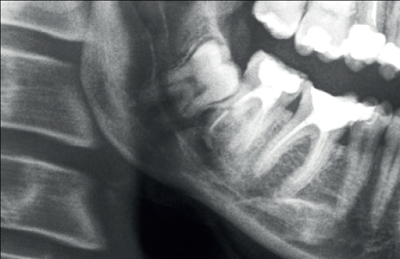Preparing your mouth for menopause and osteoporosis
Ages at which gum care should be taken to the extreme
There are periods in a woman's life in which the gums are more susceptible to inflammation and certain periodontal diseases, mainly for hormonal reasons, as happens during menopause, when gum care should be extreme.
In menopause, which usually begins between 45 and 55, estrogen levels are reduced (decreasing the anti-inflammatory effect of this hormone on the gums) and progesterone levels (reducing bone density and causing osteoporosis). At this stage of a woman's life, estrogen deficiency produces significant alterations in the mouth's tissues, decreased secretion and changes in the biochemical composition of saliva, and disorders in the oral flora.
Periodontal disorders such as atrophic gingivitis (with abnormal pallor), postmenopausal gingivostomatitis (shiny, dry gums, easy bleeding, and pale to reddish color), and oral discomfort, with a burning sensation, dryness, and bad taste ("burning mouth syndrome") can usually be seen in menopausal women.
In this situation, it is essential to maintain low plaque levels. Therefore, visits to the dentist or periodontist should be made periodically to identify any changes at the oral level. When taking oral bisphosphonates, the specialist should be informed so that appropriate preventive and therapeutic measures can be adopted.
Caution with bisphosphonates in menopause and osteoporosis
A specific association between periodontitis and osteoporosis has been described. But this only seems to occur in women with previous gum problems, which would be aggravated due to menopause.
One-third of women over 65 suffer from osteoporosis, which justifies using hormone replacement therapies (a combination of estrogen and progesterone). In addition, while osteoporosis may be a risk factor for gum disease, hormone replacement therapy may offer protection against tooth loss and reduce gingival bleeding.
Some women with osteoporosis take medications known as bisphosphonates, which increase the risk of developing a rare condition known as "osteonecrosis of the jaws." It is essential to advise your dentist of their use before dental treatment. If you are taking oral bisphosphonates, the specialist should be informed so that he/she can take the appropriate preventive and therapeutic measures. Visits to the dentist should be made periodically to identify any changes at the oral level.

